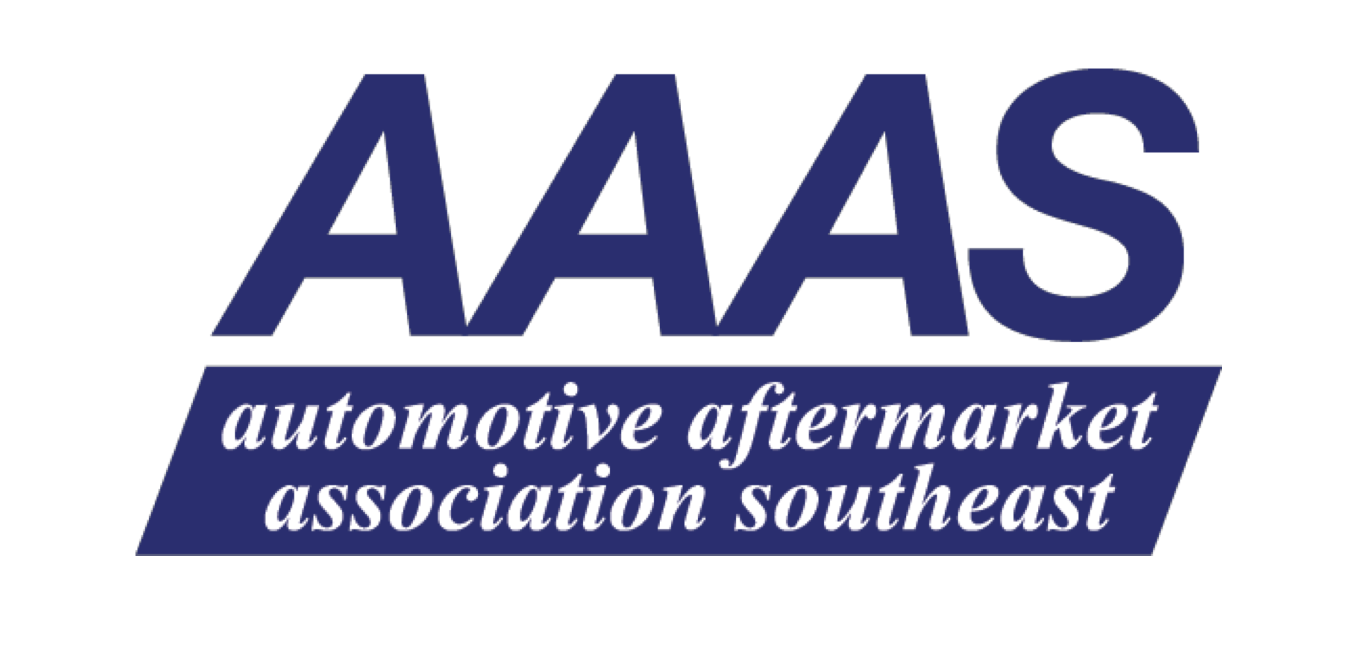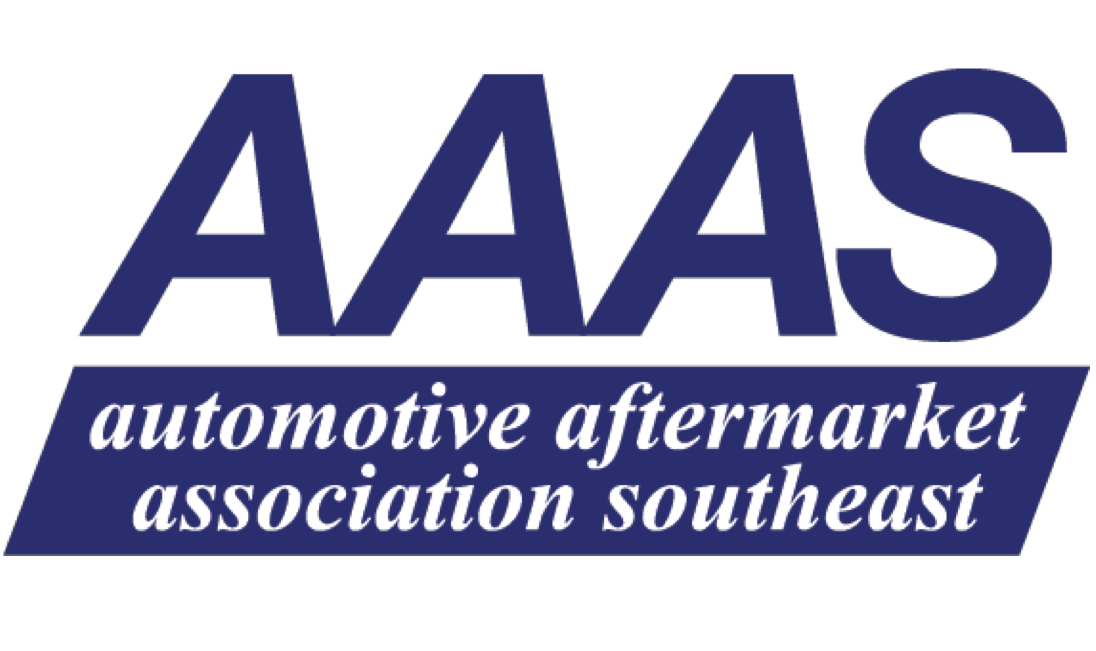In the wake of the devastating hurricanes that have ravaged Florida and the Southeast in recent weeks, the Internal Revenue Service reassured victims that it stands ready to provide the tax-related assistance they need to recover from these storms.
IRS.gov has a variety of information to help disaster victims navigate common situations in the aftermath of disasters. The IRS also has a special hotline specifically dedicated to taxpayers with disaster-related tax questions; disaster victims can call the agency’s disaster hotline at 866-562-5227.
Here is a rundown on tax help available from the IRS.
More time to file and pay
The IRS automatically gives taxpayers whose address of record is in a disaster-area locality more time to file returns and pay taxes. Taxpayers get the extra time without having to ask for it.
- Currently, taxpayers in the entire states of Alabama
, Florida
, Georgia
, North Carolina
, and South Carolina
, and parts of Tennessee
and Virginia
, who received extensions to file their 2023 returns have until May 1, 2025, to file. Tax-year 2023 tax payments are not eligible for this extension. In addition, May 1 is also the deadline for filing 2024 returns and paying any tax due.
This page also provides disaster updates and links to resources, and information is usually available on the
IRS Twitter (now X)
account as well.
Disaster payments usually tax-free
Qualified disaster relief payments are generally excluded from gross income. In general, this means that affected taxpayers can exclude from their gross income amounts received from a government agency for reasonable and necessary personal, family, living, or funeral expenses, as well as for the repair or rehabilitation of their home, or for the repair or replacement of its contents. See
Publication 525, Taxable and Nontaxable Income
, for details.
Retirement plan help
Additional relief may be available to affected taxpayers who participate in a retirement plan or individual retirement arrangement (IRA). For example, a taxpayer may be eligible to take a special disaster distribution that would not be subject to the additional 10% early distribution tax and allows the taxpayer to spread the income over three years. Taxpayers may also be eligible to make a hardship withdrawal. Each plan or IRA has specific rules and guidance for their participants to follow.
Disaster loss deduction may be available
In some instances, individuals and businesses in a federally declared disaster area can qualify for a casualty loss tax deduction. The deduction is available for damaged or destroyed property not covered by insurance or other reimbursement and can result in a larger refund.
A unique feature of this deduction is that taxpayers can choose to claim it on either the return for the year the loss occurred (in this instance, the 2024 return normally filed next year), or the return for the prior year (the 2023 return filed this year). For individual taxpayers, the deadline for making this election is Oct. 15, 2025.
Free tax transcripts available
The IRS reminds anyone whose tax records were lost or destroyed, or who needs tax records to apply for disaster assistance that they can get a free transcript of their returns from the IRS. Immediate access to these transcripts is available through the
Get Transcript
link on IRS.gov. Alternatively, taxpayers can use Get Transcript to request that transcripts be mailed to them. They can also call 800-908-9946 to request mail delivery or submit
Form 4506-T, Request for Transcript of Tax Return
.
As a reminder, taxpayers must have filed all required tax returns in order to qualify for disaster loans or grants for business owners, homeowners, and renters from the Small Business Administration.
Free copy of tax return
Disaster-area taxpayers can get a free copy of their tax return by filing Form 4506, Request for Copy of Tax Return. The IRS waives the usual fees and expedites requests for copies of returns for people who need them to apply for disaster-related benefits or to file amended returns claiming disaster-related losses. To speed processing, be sure to notate that this is a disaster-related request and list the state and type of event.
Address change
After a disaster, people might need to temporarily relocate. Those who move should notify the IRS of their new address by submitting
Form 8822, Change of Address.
Disaster hotline
Taxpayers with disaster-related tax questions can call the agency’s disaster hotline at 866-562-5227.
Taxpayers should also call this number if they live outside the disaster area but believe they qualify for a disaster-related extension or deadline postponement. This might be true, for example, if their records necessary to meet a deadline occurring during the postponement period are located in the affected area. This also includes workers assisting the relief activities who are affiliated with a recognized government or philanthropic organization.
More information
The IRS encourages affected taxpayers to review all federal disaster relief at DisasterAssistance.gov.
Here are other helpful IRS resources:
ITC Issues Tariff Rates for Bus Tire Imports from Thailand
The U.S. Department of Commerce (DOC) has finalized its investigation into truck and bus tire imports from Thailand, significantly raising tariffs.
Tires are now subject to anti-dumping rates ranging from 12.33% to 48.39%. Bridgestone faces a 48.39% tariff, while Prinx Chengshan and all others are charged 12.33%.
The International Trade Commission (ITC) will make its final ruling on the case by Nov. 25.
IRS Provides Free Nov. 18 Webinar on Compliance Assurance Process to Help Large Businesses
The Internal Revenue Service will offer a free webinar to help large business taxpayers understand the
Compliance Assurance Process (CAP)
by discussing updates and clarifications to the program to better prepare applicants.
The CAP helps large corporate taxpayers improve federal tax compliance through real-time issue resolution tools that promote accurate tax returns and shorten the IRS examination process.
The webinar will take place from 1 p.m. to 2:30 p.m. ET on Monday, Nov. 18, 2024. Those who are interested can register on the
CAP program webinar registration page
. Space is limited to the first 1,000 registrants.
In response to questions concerning
the changes
to the eligibility requirements for the CAP program, the IRS is providing some clarifications.
To be eligible to apply for CAP, applicants must:
- Have assets of $10 million or more,
- Be a U.S. publicly traded C-corporation with a legal requirement to prepare and submit SEC Forms 10-K, 10-Q, and 8-K or a U.S. privately held C-corporation, including foreign owned.
- U.S. privately held C-corporations will be required to timely submit audited financial statements prepared in accordance with U.S. Generally Accepted Accounting Principles (GAAP), International Financial Reporting Standards (IFRS), or another permissible method, as deemed appropriate by the IRS, specific to the taxpayer applying to the CAP program on an annual basis and unaudited financial statements on a quarterly basis.
- Not be under investigation by, or in litigation with, any government agency that would limit the IRS’s access to current tax records.
As a new exception, taxpayers will be eligible for the CAP program if they have a tax return that remains open due to outstanding Inflation Reduction Act (IRA) and/or Creating Helpful Incentives to Produce Semiconductors Act (CHIPS) tax issues.
Taxpayers may apply for the 2025 CAP program until Oct. 31, 2024. The IRS will inform applicants if they’re accepted into the program in February 2025.
To prepare new applicants for the CAP program, the IRS will assist taxpayers in meeting the eligibility requirements. Taxpayers currently under IRS examination and possibly not meeting the current eligibility criteria are encouraged to discuss their interest in CAP with their local IRS team or by sending an email to the CAP mailbox found on the
CAP webpage.
Launched in 2005, CAP employs real-time issue resolution through transparent and cooperative interaction between taxpayers and the IRS to improve federal tax compliance by resolving issues prior to the filing of a tax return.
To learn more, visit the
CAP FAQ webpage
.


